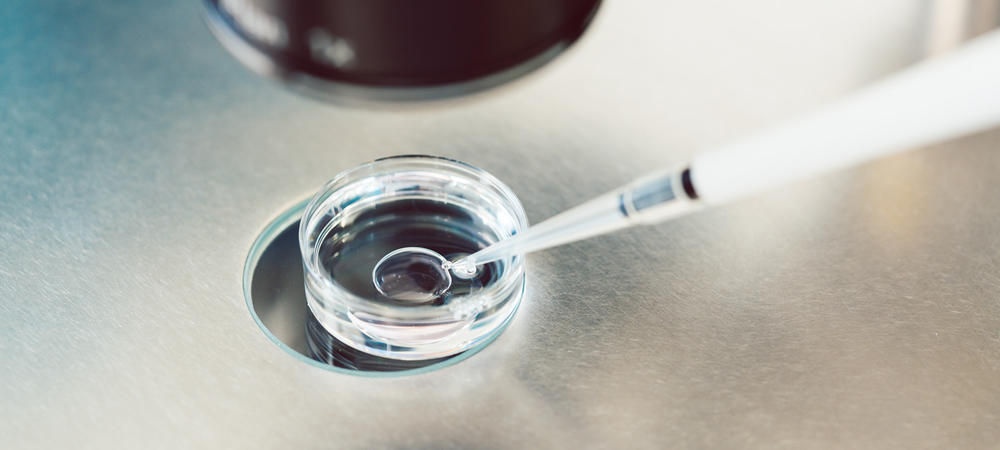IVF vs. artificial insemination: how to choose? The doctor will show you the differences, advantages and disadvantages of both.

How to choose between IVF and artificial insemination? What are the advantages and disadvantages? I believe that many people are familiar with the terms "IVF" and "artificial insemination", and may even have the need for them or have related experience. So what is artificial insemination? What is in vitro fertilization? This article will help you understand the differences, advantages and disadvantages between artificial insemination and in vitro fertilization, so that you can quickly make the most suitable choice for yourself!
What is artificial insemination?
About "Artificial Reproduction"
Before understanding what artificial insemination is, everyone should first understand "artificial reproduction". According to the National Health Administration, artificial reproduction refers to a technology that uses the assistance of reproductive medicine to achieve the purpose of conception and reproduction through non-sexual auxiliary methods.
Definition of “artificial insemination”:
According to the National Health and Family Planning Commission, "artificial insemination" (artificial conception) refers to the artificial insemination between spouses by taking the husband's sperm and implanting it in the wife's uterus. The source of sperm and egg and the method of pregnancy and delivery are no different from natural reproduction. Artificial insemination (artificial conception) requires certain conditions, for example, the number and motility of the male's sperm must be within the standard value and the female's fallopian tubes must be unobstructed and normal.
Differences, comparisons, advantages and disadvantages of artificial insemination vs. test tube baby
What is the difference between artificial insemination and IVF? Please refer to the table below:
| Project | Artificial insemination (artificial conception) | Test tube baby (in vitro fertilization) |
|---|---|---|
| Differences |
|
|
| Compare |
|
|
| Advantages |
|
|
| Disadvantages / Risks |
|
|
Artificial insemination & IVF 2 ways of conception, who are they suitable for?
Based on the analysis of professional physicians and regulatory positions, artificial insemination and in vitro fertilization are not suitable for the same people.
Who can be treated with artificial insemination
- Couples who are unable to conceive naturally: Artificial reproduction is only performed on infertile couples. Therefore, unmarried people, single parents, homosexuals, etc. cannot request artificial reproduction.
- Poor sperm quality of men: Men are in the mild infertility range, mainly due to poor sperm motility and too few sperm.
- The woman’s fallopian tubes are unobstructed: If both sides of a woman’s fallopian tubes are blocked, she will not be able to conceive successfully. At least one of the fallopian tubes must be unobstructed for conception to occur.
- Other unknown reasons
Who is eligible for IVF?
- Those who cannot conceive naturally or who want artificial insemination (artificial conception)
- Male sperm problems: If the male's sperm cannot be found, or the sperm has poor motility or quality, sperm must be collected from the testicles or epididymis for in vitro culture.
- Many artificial insemination attempts have failed
- Premature ovarian failure: Women with premature ovarian failure or excessive depletion of egg reserves have a high chance of difficulty conceiving or infertility.
- Various genetic diseases: Genetic diseases can also affect pregnancy rates. In vitro fertilization combined with embryo genetic testing is another option.
- Other unknown reasons
